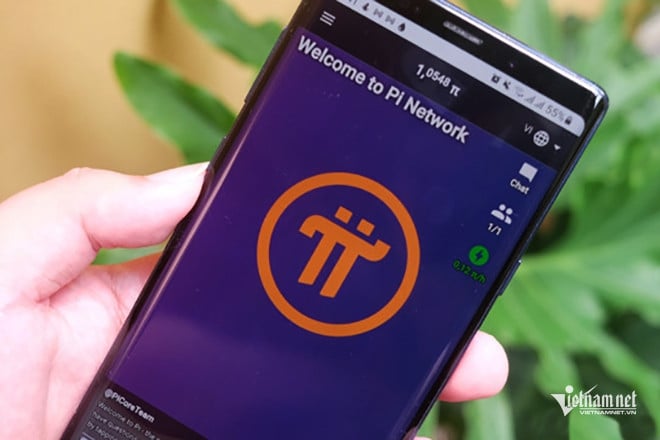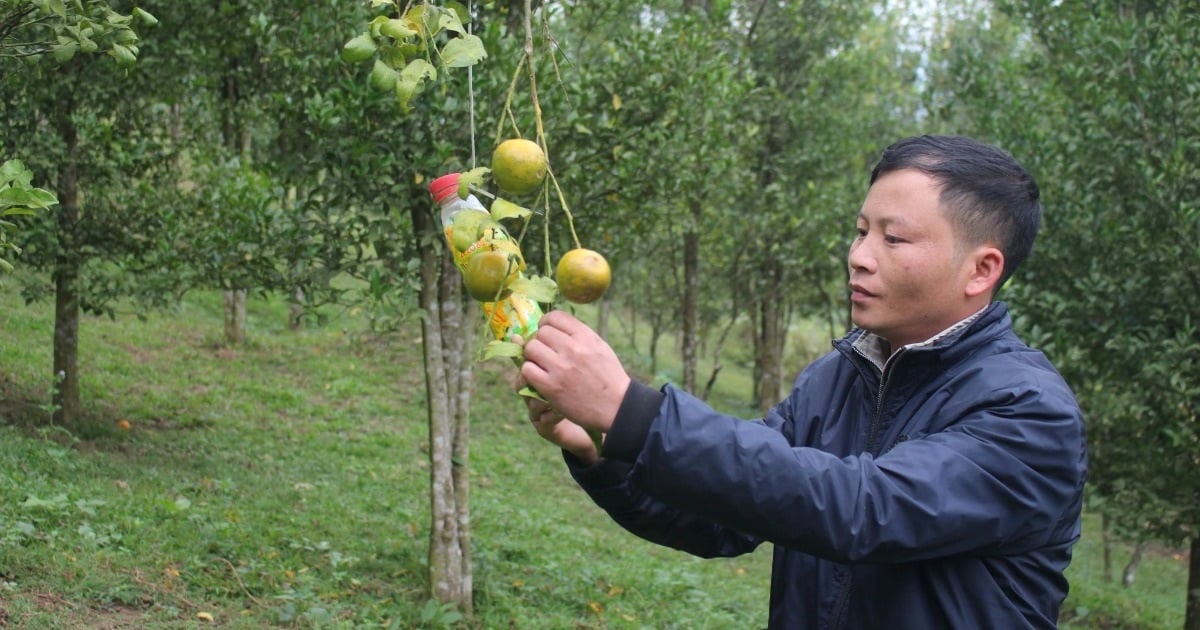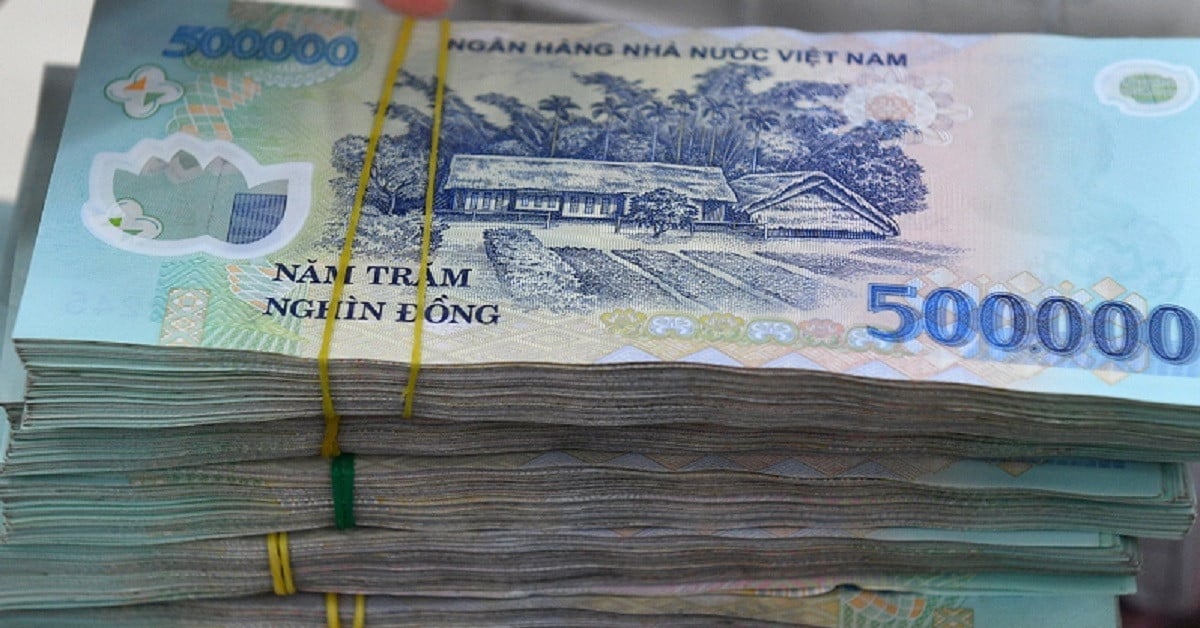Despite being controversial for a long time, Pi Network still has a community of believers, despite warnings about this 'virtual currency'.
On the official media channels of Pi Network, information has just been posted stating: "Pi Network will officially move to the Open Network phase of Mainnet at 8:00 UTC (ie 15:00, Hanoi time) on February 20".
“ Thanks to the hard work and commitment of the Pi community over the past six years, we are taking the next big step in realizing our vision of building the world's most comprehensive peer-to-peer ecosystem and online experience ,” the Pi development team said.
Pi or Pi Network is the name of the Pi “virtual currency” mining application. Pi Network was first announced in 2019. This is a digital currency advertised to replace Bitcoin in the future. To own this “virtual currency”, users do not need to invest capital but only need to download and install the Pi Network application.

According to the introduction of the community of players of this "virtual currency", Pi will be automatically generated based on the time of maintaining this application on the phone. Users only need to go to the Pi Network application to check in once a day.
For community developers for Pi Network, they can also receive more Pi thanks to the reward mechanism provided by the network.
Pi's development team includes Dr. Nicolas Kokkalis and Dr. Chengdiao Fan. Nicolas Kokkalis is considered the "soul" of Pi Network. He is a Greek professor teaching at Stanford University (USA), specializing in blockchain technology and computer science.
Advertised as free mining and a possible replacement for Bitcoin in the future, Pi Network has attracted a large number of users not only in Vietnam but also in many countries around the world.
Pi Network has been a controversial project for a long time. Many domestic experts have questioned the level of transparency and security of Pi Network.
However, the fact is that Pi Network still has a community of believers, despite warnings about this "virtual currency".

Source: https://vietnamnet.vn/pi-network-bat-ngo-thong-bao-mo-mang-vao-tuan-toi-2370561.html



























































Comment (0)